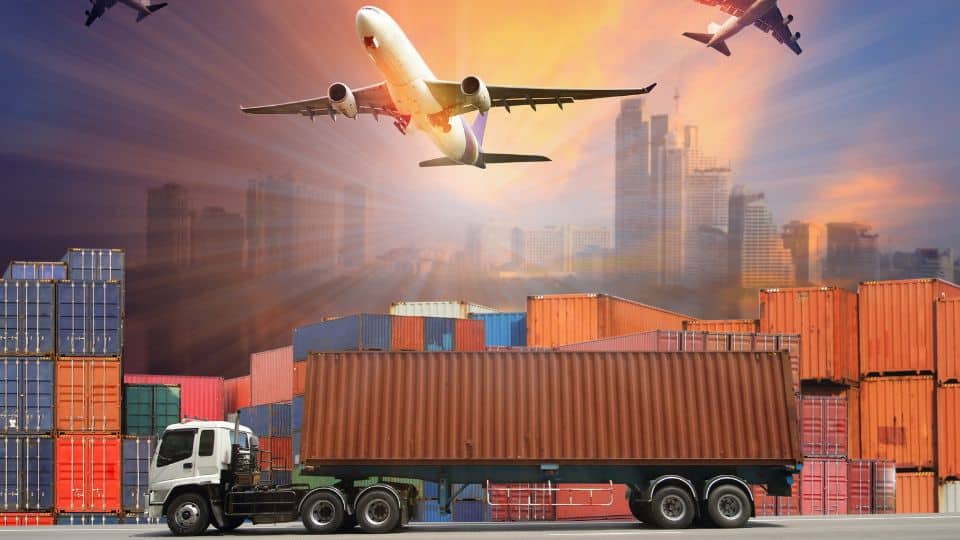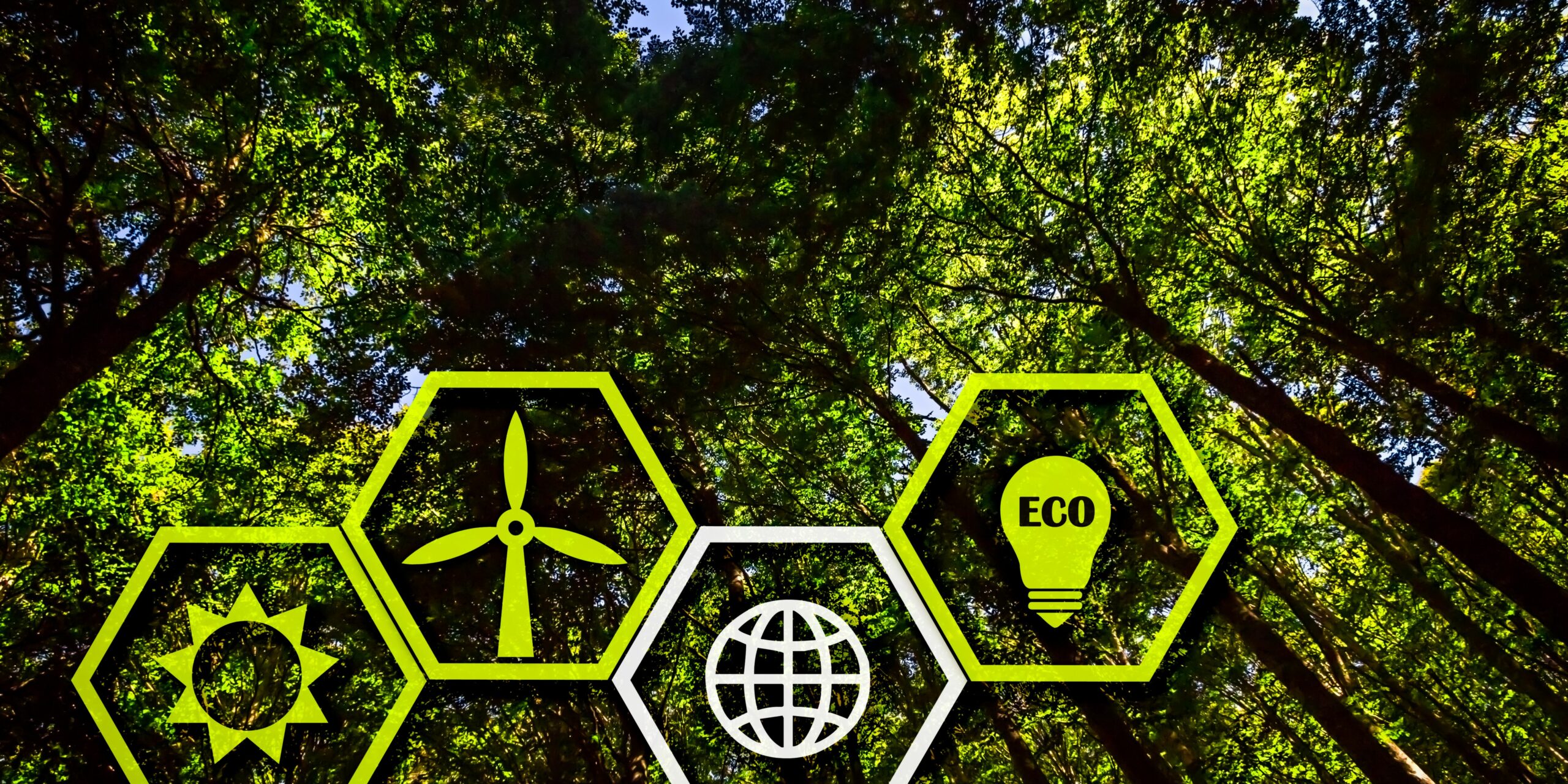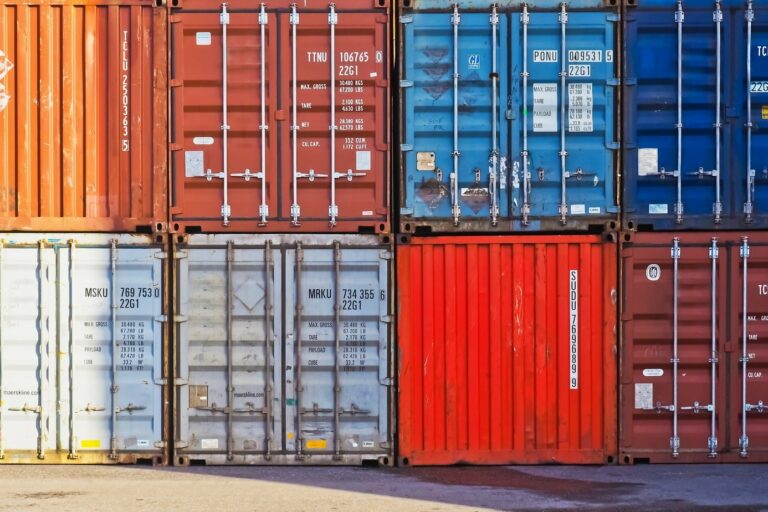Egypt’s 40 Billion Green Energy Initiative: A Path Towards Sustainability and Economic Growth
Egypt has taken a significant step towards becoming a green energy hub with a groundbreaking $40 billion investment in the development of renewable resources within the Suez Canal Economic Zone (SCZONE). Through strategic partnerships with leading international developers, Egypt is poised to revolutionize its energy landscape and bolster its economy through sustainable practices. Let’s delve into the details of this transformative initiative and its far-reaching implications.
Key Developments and Strategic Investments
Egypt’s commitment to green energy is underscored by the signing of seven memoranda of understanding (MoUs) with prominent global companies, including PASH Global from the UK, Smart Energy from Switzerland, SK ecoplant from South Korea, and more. These agreements, focused on green hydrogen and renewable energy projects in the SCZONE, project an investment exceeding $40 billion over the next decade. Minister of Planning and Economic Development, Hala ElSaid, has announced an initial investment of $12 billion in the trial phase, with expectations of up to $29 billion in the first development phase. This significant influx of foreign investment marks a strategic move towards economic revitalization and sustainable development in Egypt.
Implications for Egypt’s Economy and Global Energy Sector
The collaboration between Egypt and these international developers signals a pivotal moment in the country’s economic strategy, aiming not only to diversify its energy sources but also to create thousands of jobs and stimulate economic growth. Egypt’s vision to emerge as a global leader in green hydrogen production aligns with its sustainable development goals and underscores its commitment to combating climate change. By investing heavily in green hydrogen and renewable energy projects, Egypt is positioning itself as a key player in the global green energy transition, setting a precedent for other nations in the Middle East and North Africa (MENA) region to follow.
Sustainable Industrial Growth and Environmental Impact
The strategic location of the SCZONE as a global logistics and trade hub adds another dimension to the significance of these projects. The development of green energy facilities within the SCZONE has the potential to reduce operational costs and lower carbon footprints for industries operating in the region, contributing to a more sustainable future. By embracing renewable energy sources, Egypt’s initiatives could serve as a model for sustainable industrial growth, fostering a more environmentally conscious global community.
Conclusion
As Egypt embarks on this ambitious journey towards green energy, the implications for the global energy market and the environment are profound. This transformative initiative not only positions Egypt for a sustainable and economically prosperous future but also sets a benchmark for sustainable development in the region and beyond. With these visionary projects, Egypt is not just envisioning a green future—it is actively building the foundation for a cleaner, greener world.
Source: https://bnnbreaking.com/world/egypt/egypt-forges-ahead-in-green-energy-with-40-billion-investment-in-suez-canal-zone

Exporting Procedures Course
This Exporting Documentation and Procedures Course is a must for all exporters. Our expert instructor provides you with practical Do’s and Don’ts of Exporting that will deepen your understanding of the process. With our comprehensive text as your day-to-day resource, you’ll be equipped to handle every aspect of exporting with ease. We update our Exporting course annually to ensure it reflects current practices and regulations, so you can be confident that you’re staying ahead of the curve.








